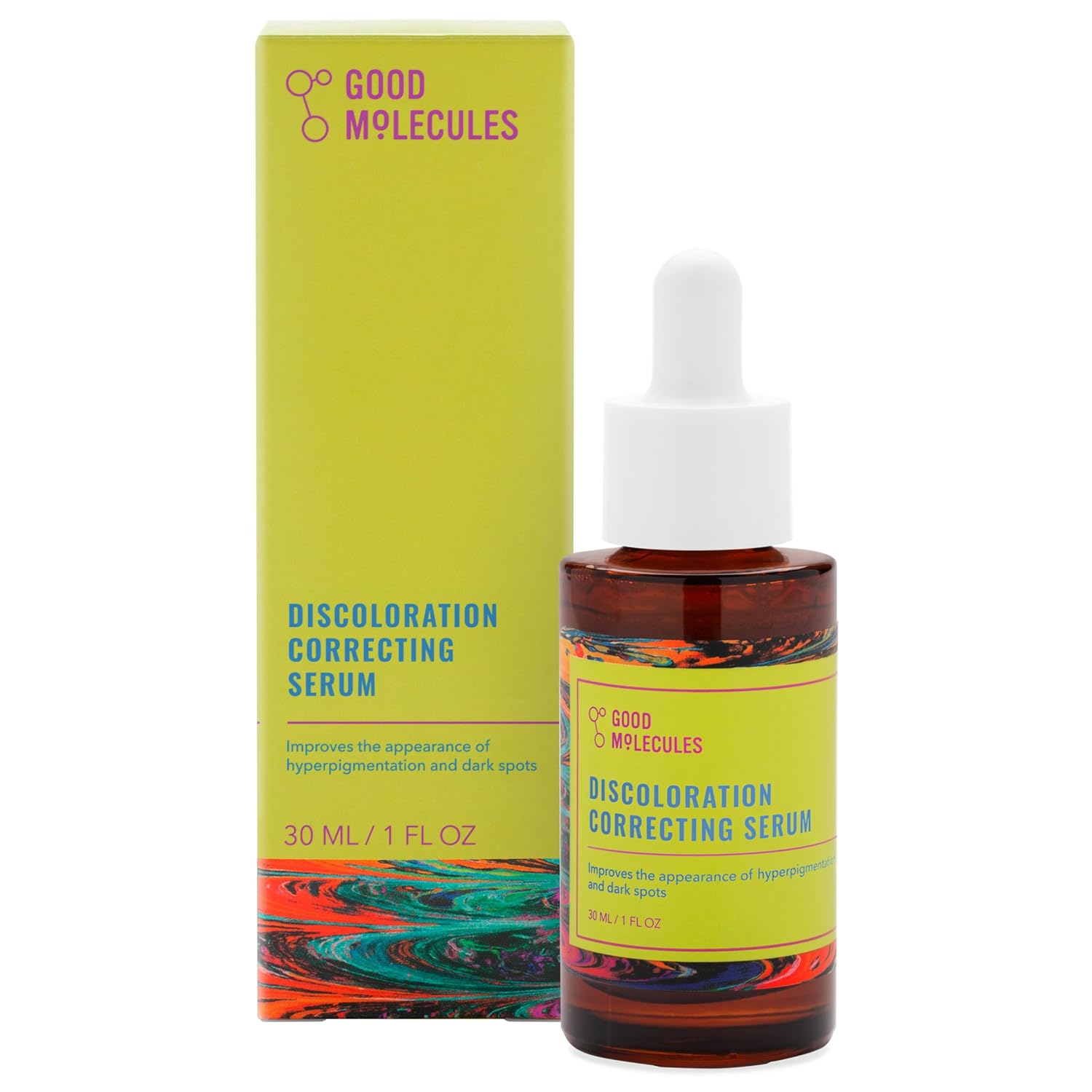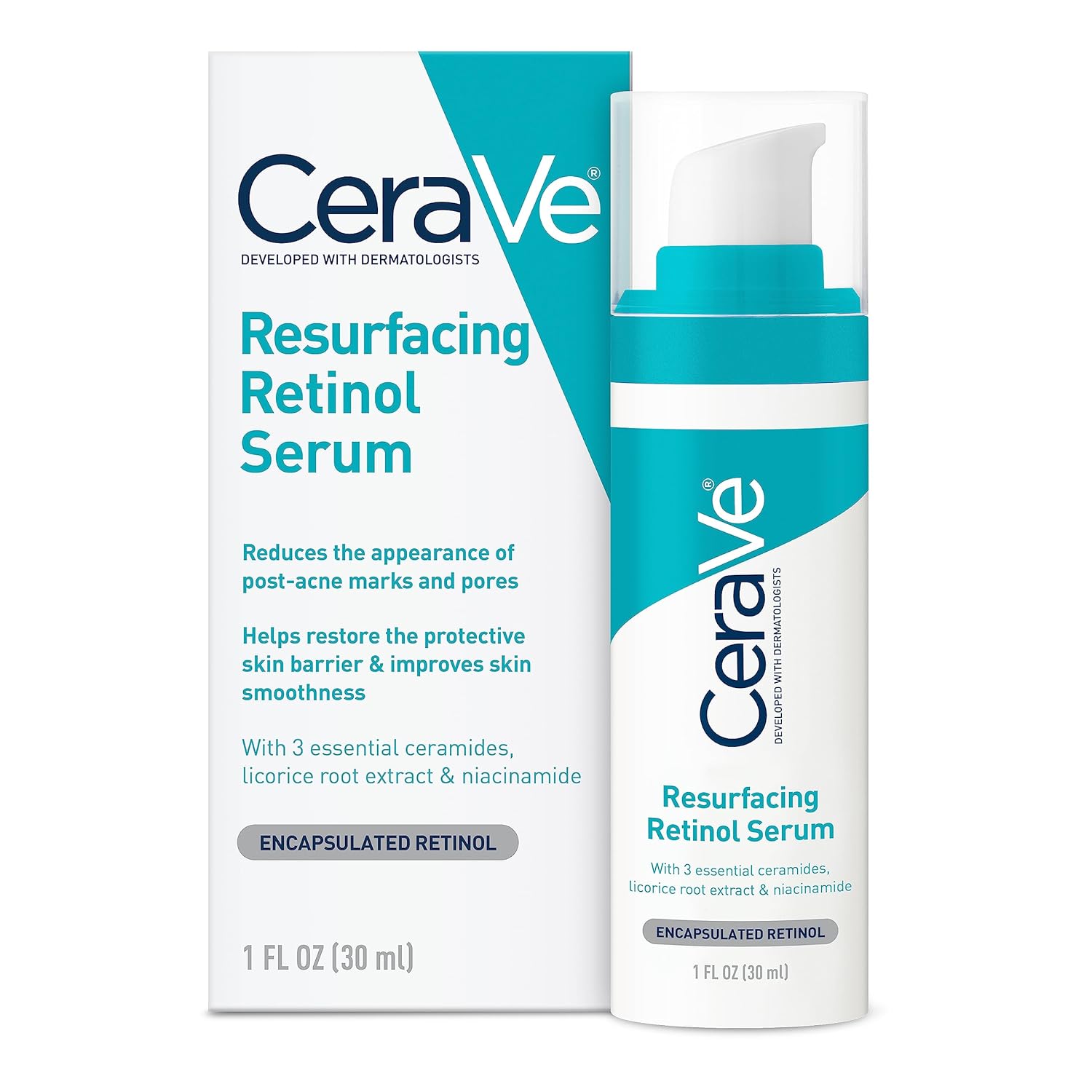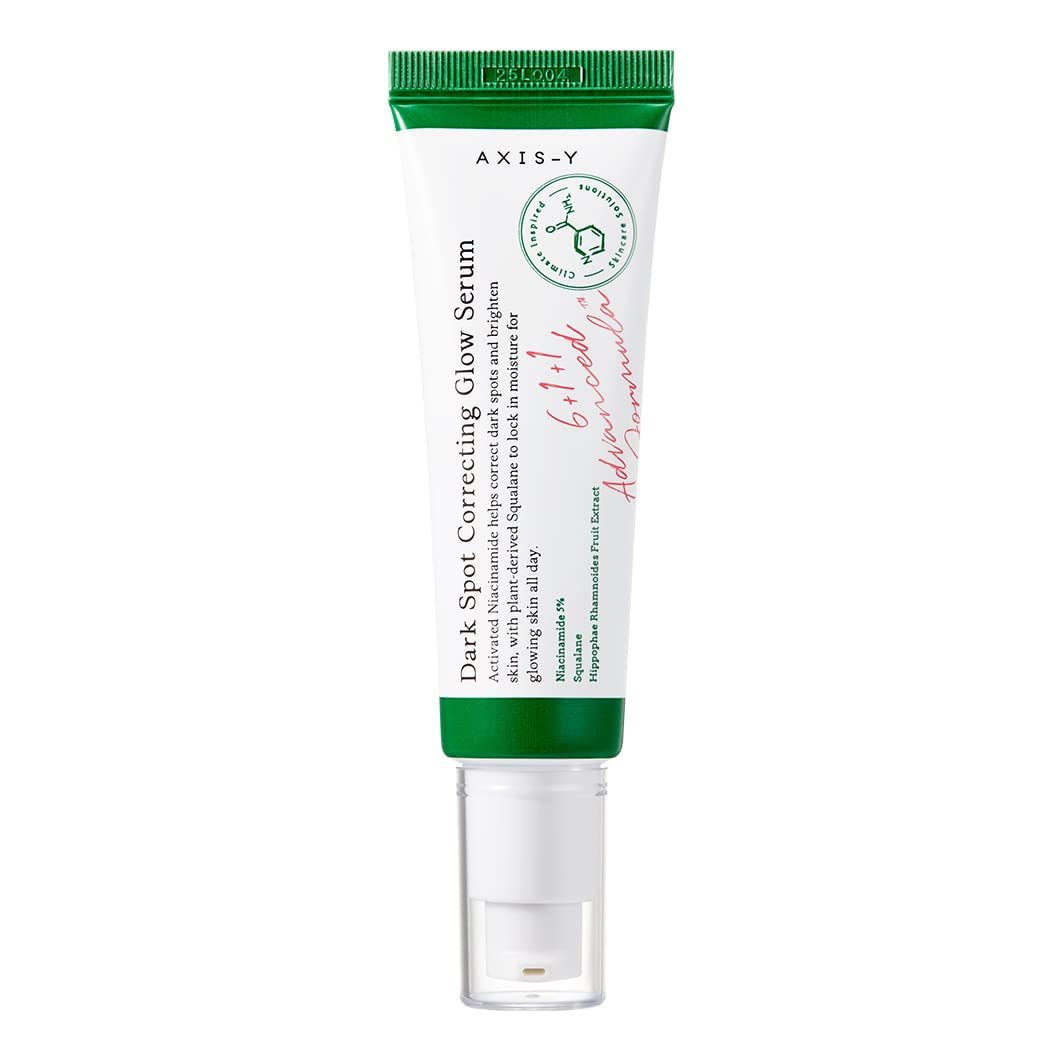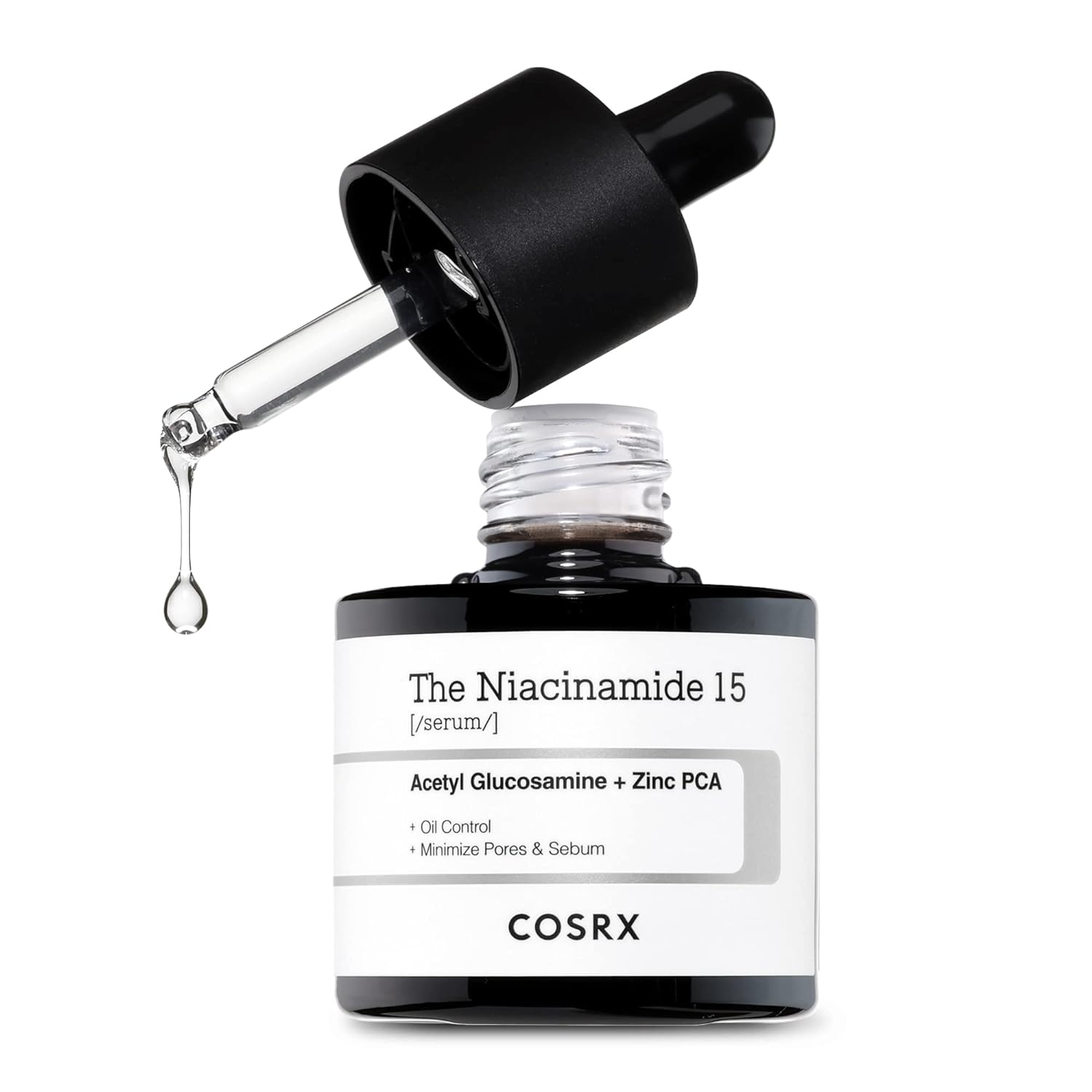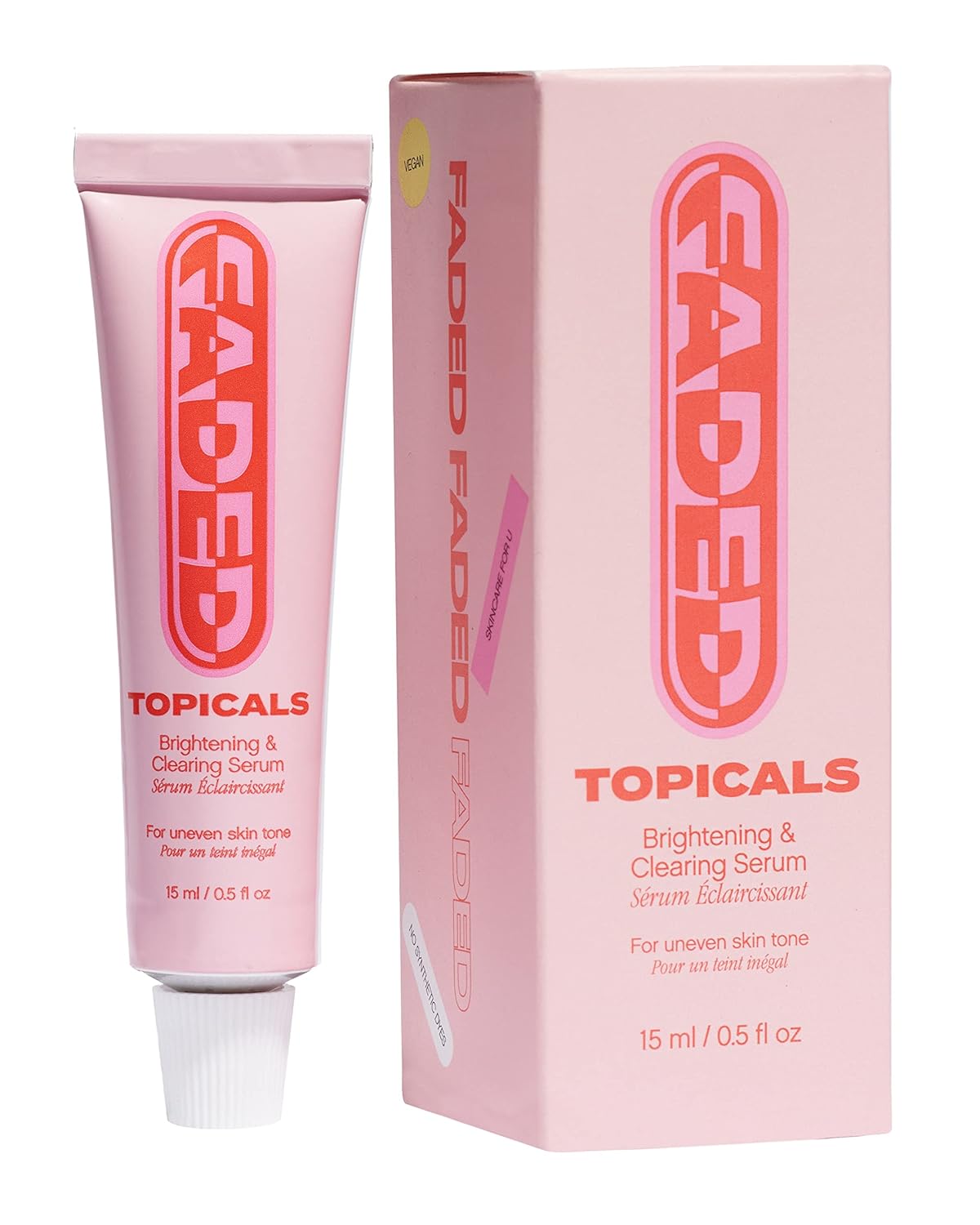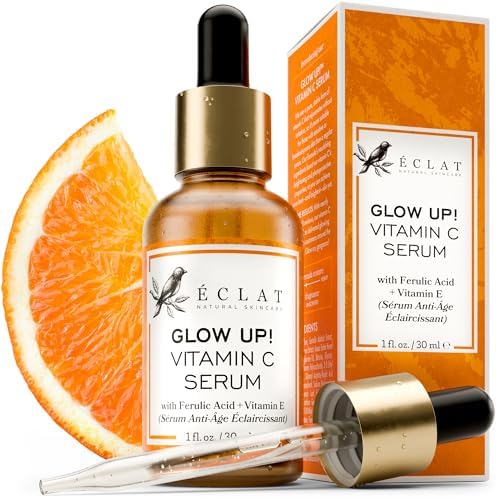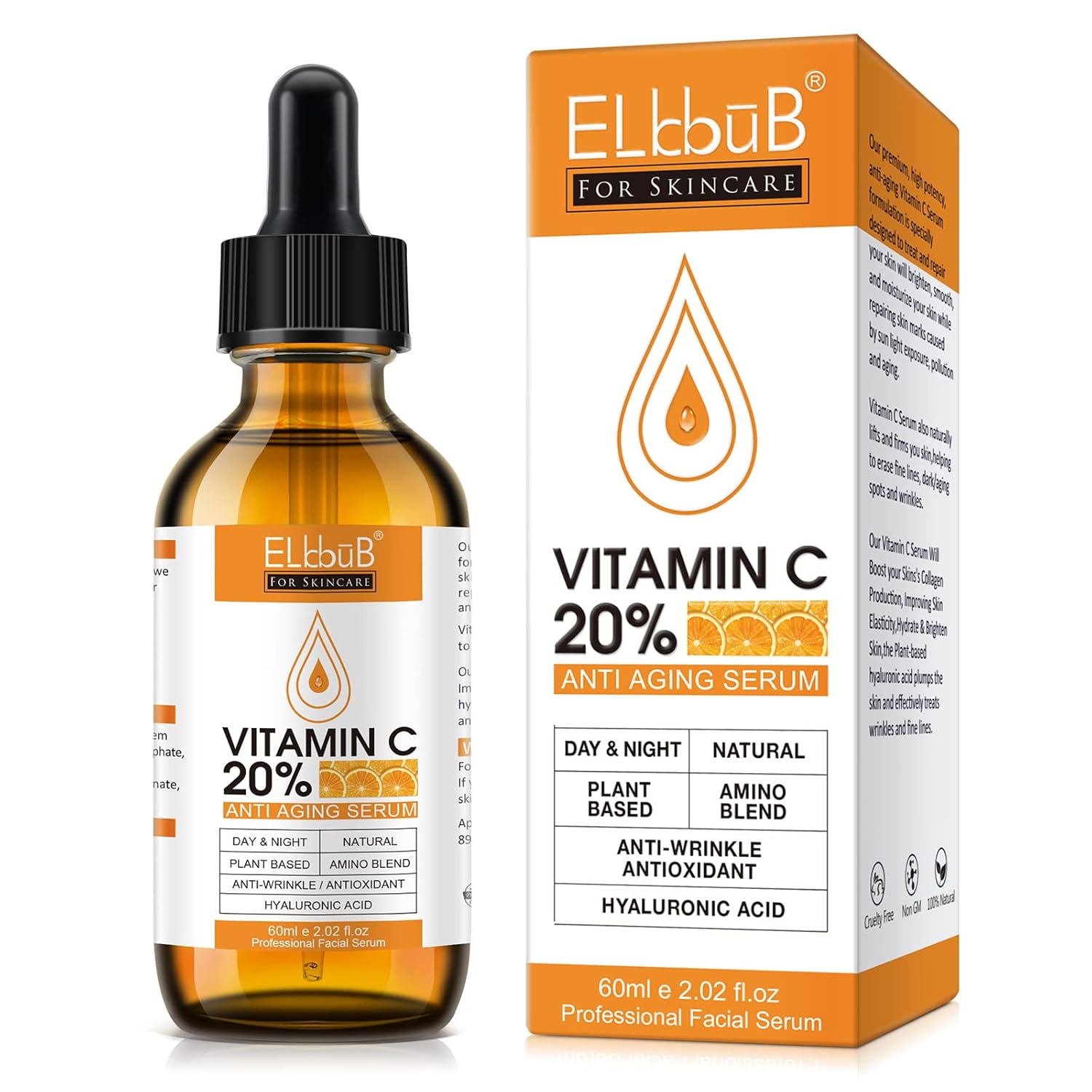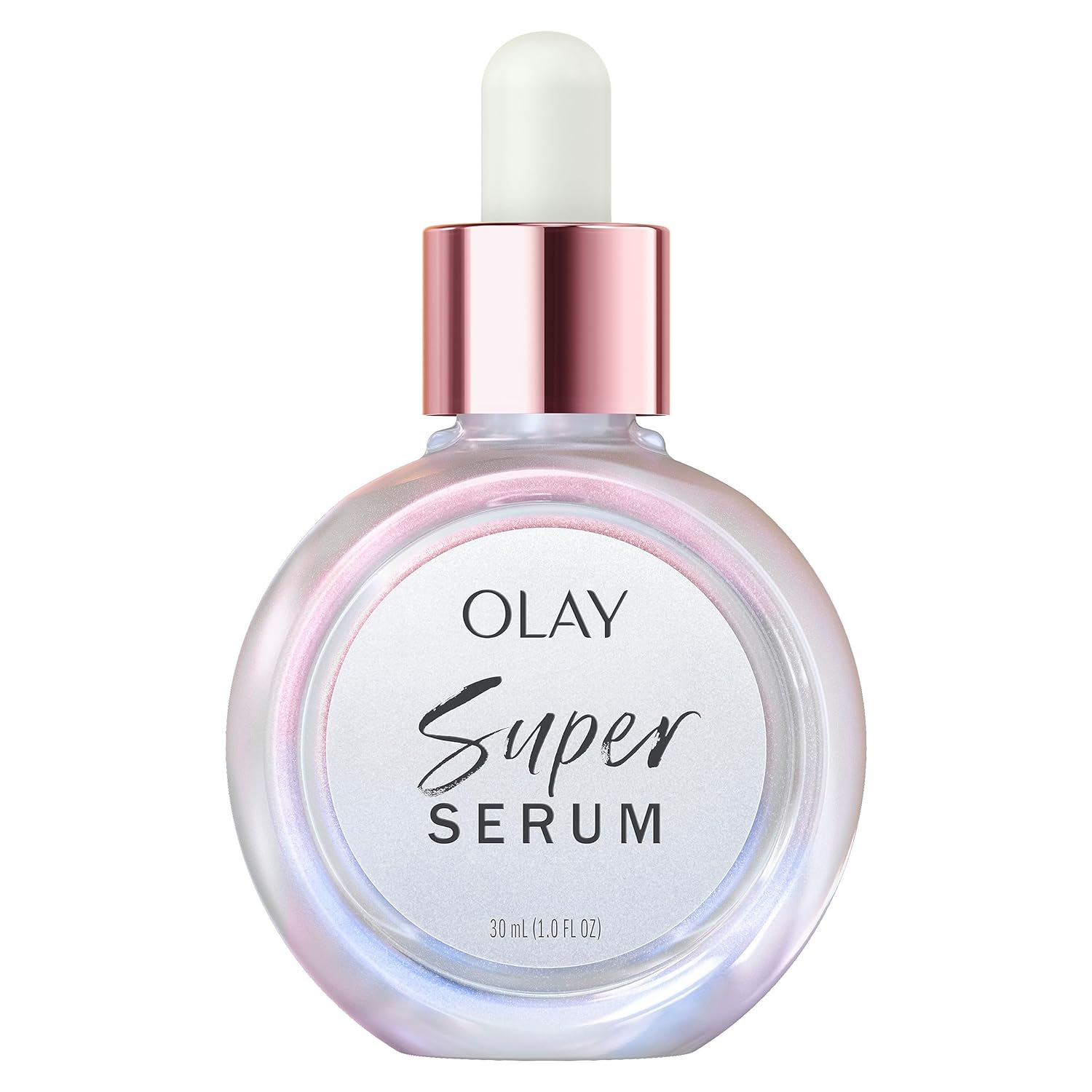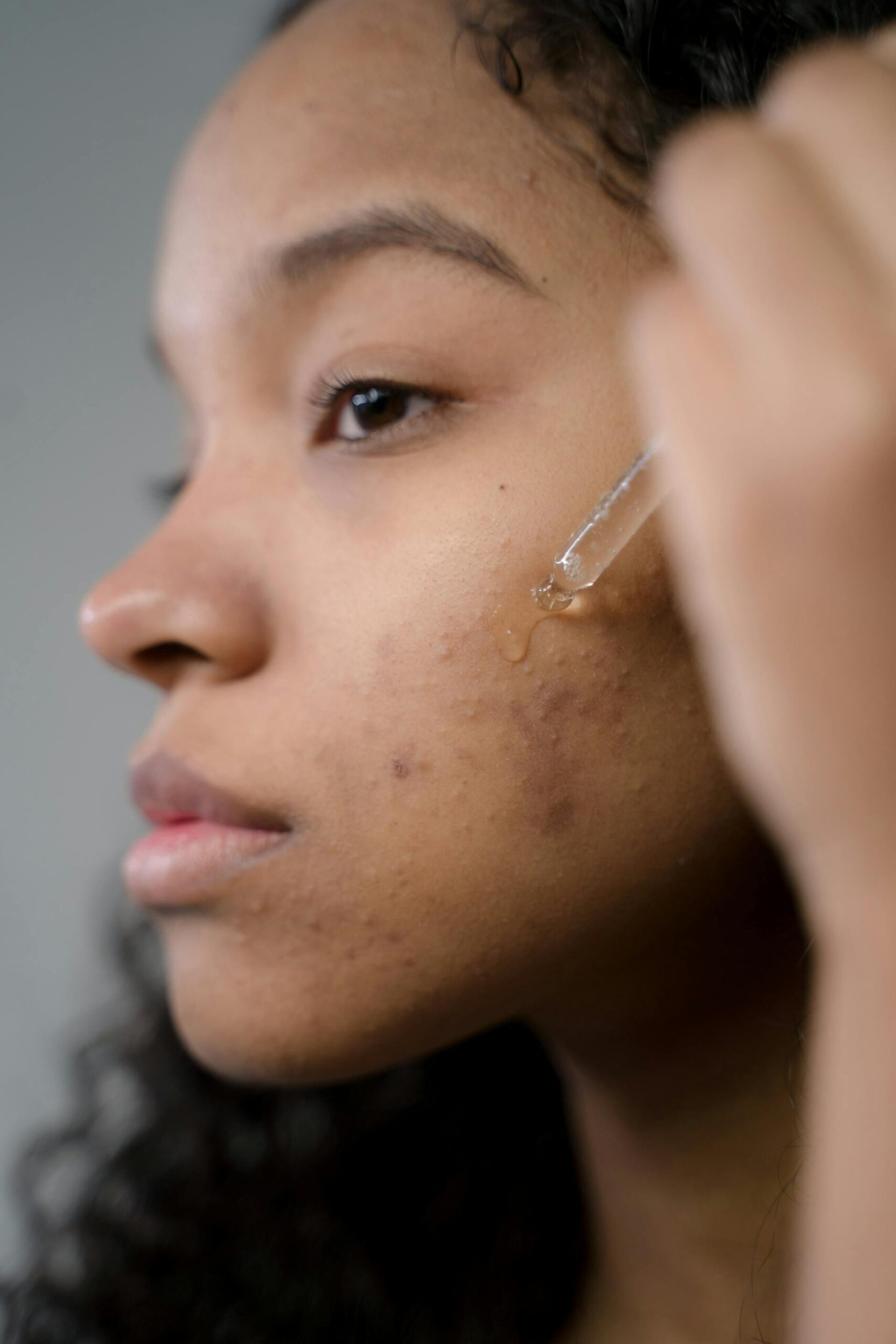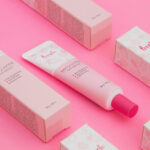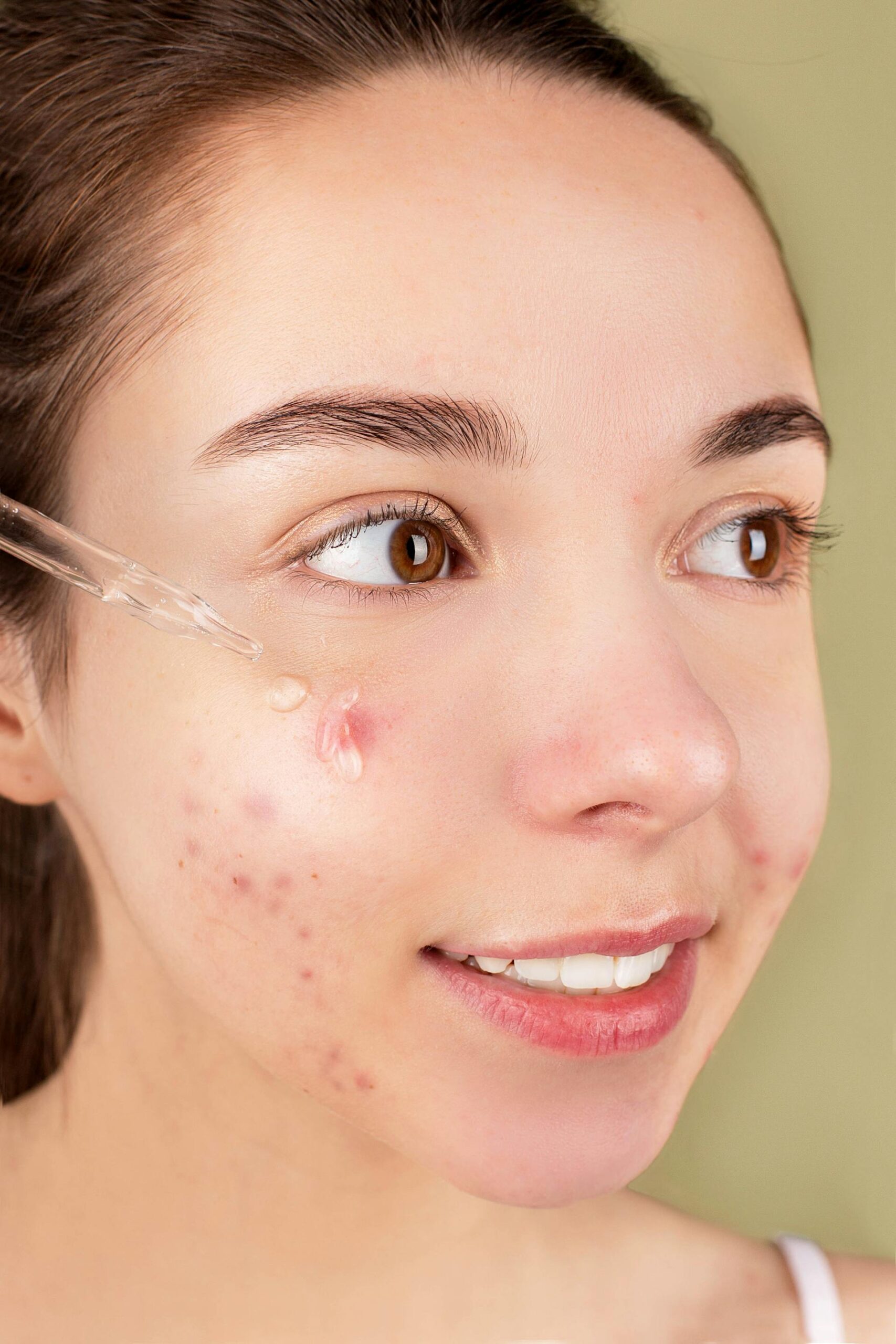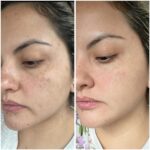This site contains affiliate links to products. We may receive a commission for purchases made through these links. Learn more.
Are you one of those skincare enthusiasts who’s always on the lookout for the next big product? Or maybe you’re battling stubborn dark spots and hyperpigmentation, and you’ve stumbled upon two magical elixirs: discoloration correcting serums and vitamin C. Both have fantastic reputations in the world of skincare, but here’s the million-dollar question:
Table of Contents
Can you use a discoloration correcting serum with vitamin C?
Spoiler alert: YES, YOU CAN! But like everything in skincare, it’s not just about slathering everything on and hoping for a miracle. There’s a method to this madness, and we’re here to break it all down in a fun, engaging way. So, grab your favorite drink, sit back, and let’s dive into this skincare science!
Discoloration Correcting Serums: The Lowdown
First off, let’s talk about discoloration correcting serums. These gems are specifically formulated to tackle issues like hyperpigmentation, dark spots, melasma, and post-inflammatory pigmentation. If you’ve ever had a breakout and been left with a lingering spot (ugh, so annoying), this is the stuff that works to even out your skin tone.
Most discoloration correcting serums contain ingredients like:
- Niacinamide (Vitamin B3) – Known for its anti-inflammatory and brightening properties, niacinamide is a skincare superhero. Studies show that niacinamide can improve skin tone, reduce hyperpigmentation, and brighten dark spots by 16-27% after 12 weeks of use.
- Tranexamic Acid – A relatively new superstar in the skincare world, this acid works wonders for stubborn pigmentation.
- Licorice Root Extract – Another natural brightener that can help reduce discoloration.
These ingredients work by either inhibiting melanin production (which causes dark spots) or breaking up existing pigment to give you that even, glowy skin. Sounds good, right? Here are some discoloration correcting serums that should work well with your skin:
Our Top 5 Discoloration Correcting Serum Picks
# | Product | Title | Rating | |
1 | ||||
2 | ||||
3 | ||||
4 | ||||
5 |
Vitamin C: The Glow-Getter
Enter vitamin C, the powerhouse of antioxidants! Vitamin C is like a trusty sidekick in your skincare routine. It protects your skin from free radicals (nasty molecules from pollution and UV rays) and helps with collagen production. Plus, it’s also amazing at brightening skin and fading dark spots.
One of the most well-researched skincare ingredients, vitamin C has been shown to reduce the appearance of pigmentation by up to 73% when used consistently over time . And, it has an added bonus: it protects your skin from future damage by neutralizing oxidative stress.
Vitamin C usually comes in a few different forms, with L-ascorbic acid being the most effective but also the most unstable. Other forms, like sodium ascorbyl phosphate, offer similar benefits with more stability. Here are some of the top Vitamin C products that are currently in the market:
Our Top 5 Vitamin C Serum Picks
# | Product | Title | Rating | |
1 | ||||
2 | ||||
3 | ||||
4 | ||||
5 |
Can They Be Used Together?
Here’s where things get fun! Using both a discoloration correcting serum and vitamin C might sound like a dream combo, but you have to be careful with layering active ingredients. So, can you use them together?
The answer is YES, but it depends on the formulation and how you layer them.
The Benefits of Combining the Two
- Double Whammy for Dark Spots: If you’re serious about tackling hyperpigmentation, combining these two can give you enhanced results. The discoloration serum targets pigment production, while vitamin C works to lighten the existing dark spots.
- More Brightening Power: Vitamin C is famous for its brightening abilities, so if you’re looking to amp up that glow, pairing it with a niacinamide-based discoloration serum is like adding sparkles to a diamond.
- Antioxidant Boost: Vitamin C is an antioxidant, meaning it helps fight off environmental stressors that can lead to more pigmentation. This can prevent future dark spots from forming.
How to Layer for Maximum Effect
Okay, here’s the tricky part. Skincare layering is like baking – if you mix the ingredients wrong, you’re going to end up with a mess. But get it right, and you’ll have a recipe for success.
- Cleanse: Start with a clean slate. Wash your face with a gentle cleanser that doesn’t strip your skin.
- Apply Vitamin C Serum: If you’re using a vitamin C serum, this should go first after cleansing. Vitamin C works best when applied directly to the skin, so it can fully absorb without any barriers. Vitamin C serums are typically absorbed into the skin within 30 minutes. However, most of the absorption happens within the first 5 to 10 minutes after application.
- Discoloration Correcting Serum: After your vitamin C has been absorbed, follow up with your discoloration correcting serum. Since many of these serums contain niacinamide, they pair well with vitamin C. Contrary to old myths, niacinamide and vitamin C can coexist peacefully in your routine and won’t cancel each other out .
- Moisturize: Seal it all in with a hydrating moisturizer. Bonus points if it has SPF during the day (but more on SPF in a minute).
- SPF is Non-Negotiable: Using brightening ingredients makes your skin more susceptible to sun damage, so don’t forget your SPF. 90% of skin aging is caused by sun exposure, and you don’t want to undo all that hard work by skipping sunscreen .
Things to Watch Out For
While the combo of vitamin C and discoloration correcting serum is generally safe for most skin types, some people might experience irritation. Vitamin C, particularly in high concentrations, can be a little harsh on sensitive skin.
If you’re new to vitamin C or you’re using a potent discoloration correcting serum, it’s a good idea to start slowly:
- Use the products on alternate days to begin with, and gradually increase frequency as your skin adjusts.
- Make sure you’re using a moisturizer to buffer any potential irritation.
- Always, always wear sunscreen (yes, we’re repeating this, it’s that important).
What Does the Science Say?
You’re probably wondering: Is there any hard science behind combining these two ingredients? Absolutely!
- A 2017 study found that vitamin C, when combined with niacinamide, led to a significant reduction in hyperpigmentation over 12 weeks . The study concluded that the combination of these two ingredients was both safe and effective. https://www.mdpi.com/2072-6643/9/8/866?uid=65253c6d69
- Another study showed that vitamin C enhances the skin’s protection against UV damage, which helps prevent the formation of new dark spots. https://lpi.oregonstate.edu/mic/health-disease/skin-health/vitamin-C
Final Verdict: A Match Made in Skincare Heaven
So, can you use discoloration correcting serum with vitamin C? 100% yes! They work together to tackle both existing dark spots and prevent new ones from forming. Just make sure you’re layering them correctly and being mindful of potential irritation.
If dark spots, melasma, or post-acne pigmentation are your skincare nemeses, this combo can be a game-changer. Pair it with patience and consistent use, and you’ll be well on your way to brighter, more even-toned skin!
Now, go forth and conquer that hyperpigmentation like the skincare boss you are. And remember, good skin takes time, but the glow is totally worth it!


